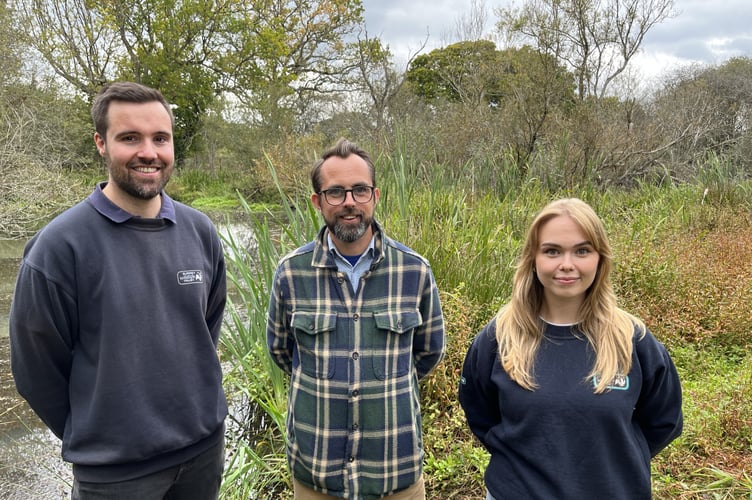
Might we soon see beavers in the wild in Surrey?
In spring this year we reported in “Out and About” that Surrey Wildlife Trust (SWT) is looking into reintroducing beavers in our wonderful county as part of its mission to restore Surrey’s natural world.
These incredible, once-native animals were hunted to extinction in the 16th century, but SWT says their return could help to transform our landscapes, creating thriving wetlands that benefit both wildlife and people.
SWT is conducting detailed feasibility studies into beaver reintroductions and their benefits to the environment. Now SWT has posted a short video on YouTube of a fact-finding visit to a successful beaver reintroduction project on the Knepp Estate in West Sussex.
It features Matt Phelps, lead ecologist at the Knepp Estate, telling SWT’s Billie Daniell-Pearce and conservation manager/beaver lead Adam Bolton about the remarkable changes the beavers have brought.
In just three years the beavers have transformed the landscape within an enclosed area of six acres, building dams and felling some bankside trees: it has become wetter and more dynamic as new pools and wet woodlands have formed naturally. It is a much richer area for wildlife, attracting many fish, insect and bird species.
Matt used a jigsaw metaphor to explain the many benefits of beavers to a rewilding project: reintroducing beavers is like putting back a hundred pieces of a jigsaw at once, positively impacting the environment in many ways very quickly.
He said if these had been made through artificial means it would have been much more laborious and more expensive, yet the results would probably still not have been as good as what the beavers have achieved.
There is a difference between the project at Knepp Estate and what is being considered here in Surrey: whereas at Knepp the beavers are contained within a fenced area, the reintroductions being considered in Surrey would be into the wild, on carefully chosen sites.
Billie Daniell-Pearce of SWT, who led the filming at Knepp, commented: “Seeing the transformative effect these long-lost natives have delivered within the Knepp estate made us doubly hopeful that we’ll be able to release these amazing mammals in Surrey.
“Our landscapes need all the help they can get, and we think beavers are an ideal solution to some of the challenges presented by climate change and the loss of many of our wetland habitats.”
SWT is still seeking donations to support its detailed feasibility study towards beaver reintroductions and their benefits to the environment.
Speaking at the launch of its appeal in April this year, SWT conservation manager Adam Bolton said: “Beavers could be key to restoring and extending Surrey’s wet habitats, as they have started to do in parts of the UK, including Devon, and more widely in Europe where eight of the animals are reported to have saved Czech taxpayers at least a million euros by flooding a protected former army training site where a long-delayed dam was planned.
“Beavers’ habit of creating dams and felling some bankside trees creates natural bodies of water of varying sizes and depths that can then benefit nature with minimum investment and interference from people.
“New research from the wildlife trusts recently revealed that natural flood management schemes deliver £10 of benefits for every £1 invested.”
To donate to the appeal visit surreywildlifetrust.org/appeals/ecosystem-engineers
To view the video visit Surrey Wildlife Trust’s YouTube channel: youtube.com/@SurreyWildlifeTrust
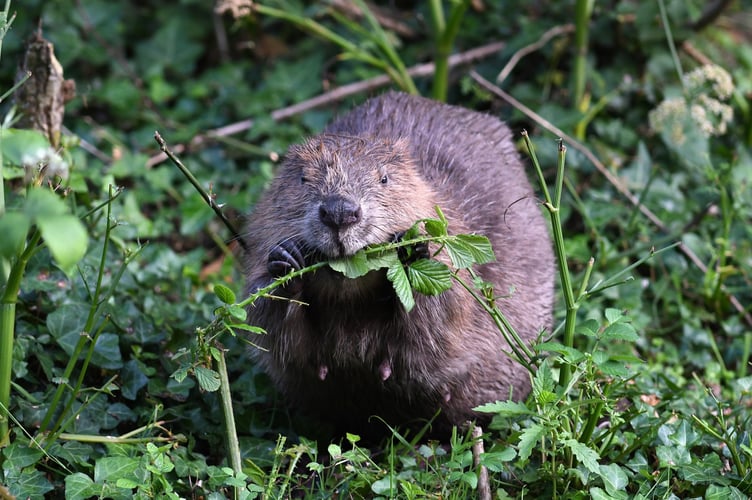
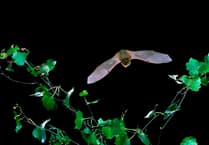
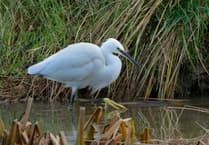
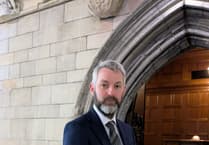

Comments
This article has no comments yet. Be the first to leave a comment.